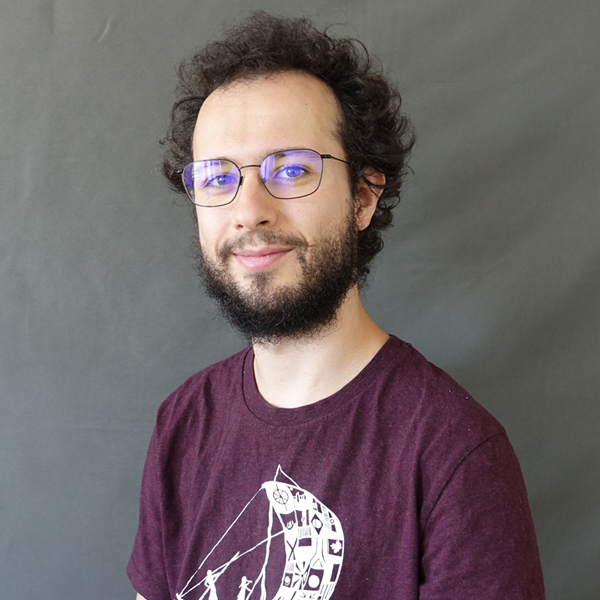VTK for Data Exploration & Visualization Training
VTK (the Visualization Toolkit) is an open-source, freely available software system for scientific visualization. Initiated in 1993, this library is now available in version 9.0.3 and is already used in various applications: ParaView, 3D Slicer, PyVista, vedo, TTK … it can even be used in Blender and Unity.
In this training, we will see the basics of VTK and create analysis and visualisation pipelines. Then we will see how to manage input and output and create custom processing filters, for data in 2D, 3D or more.
At the end, we will learn how to quickly prototype an analysis with PyVista, ParaView or in a Jupyter Notebook.
Objectives
- Understand and develop a pipeline with VTK
- Visualize and process 2D / 3D data
- Create your own processing filter
- Quickly generate an analysis pipeline
Prerequisites
- Python: Basic knowledge
- C++ (optional): Basic knowledge
Program
- Basic mechanisms of VTK
- Data model
- Processing pipeline
- Rendering pipeline
- Common filters
- Input and Output
- Reader
- Writer
- Screenshot
- Temporal data
- Data exploration with VTK:
- Simple filter (C++/Python)
- VTK and NumPy
- Information visualisation
- VTK in other software
- Pyvista
- Jupyter notebook
- ParaView programmable filter
This training course will be taught in English. Course notes are also in English.
Participants are asked to bring a laptop computer for this training session.
The instructor will communicate all the specifications required to each participants before the training session.
Kitware SAS is registered as a training center in France
Practical Information
Duration: 1 day
Next training Date: October 21, 2024
Time zone: Paris (CET / GMT+1h)
Schedule: 9am to 5pm
Location: Online
Price: 800€
Company Training
All our training can be offered on site with a custom agenda. Contact us for more information.
Meet the instructor

Nicolas is an R&D Engineer in the Scientific Visualization team since 2016.
Nicolas mainly works on adapting ParaView for specific use cases, such as ParaView-based application. He also works on Catalyst, the ParaView integration for In-Situ Analysis.
